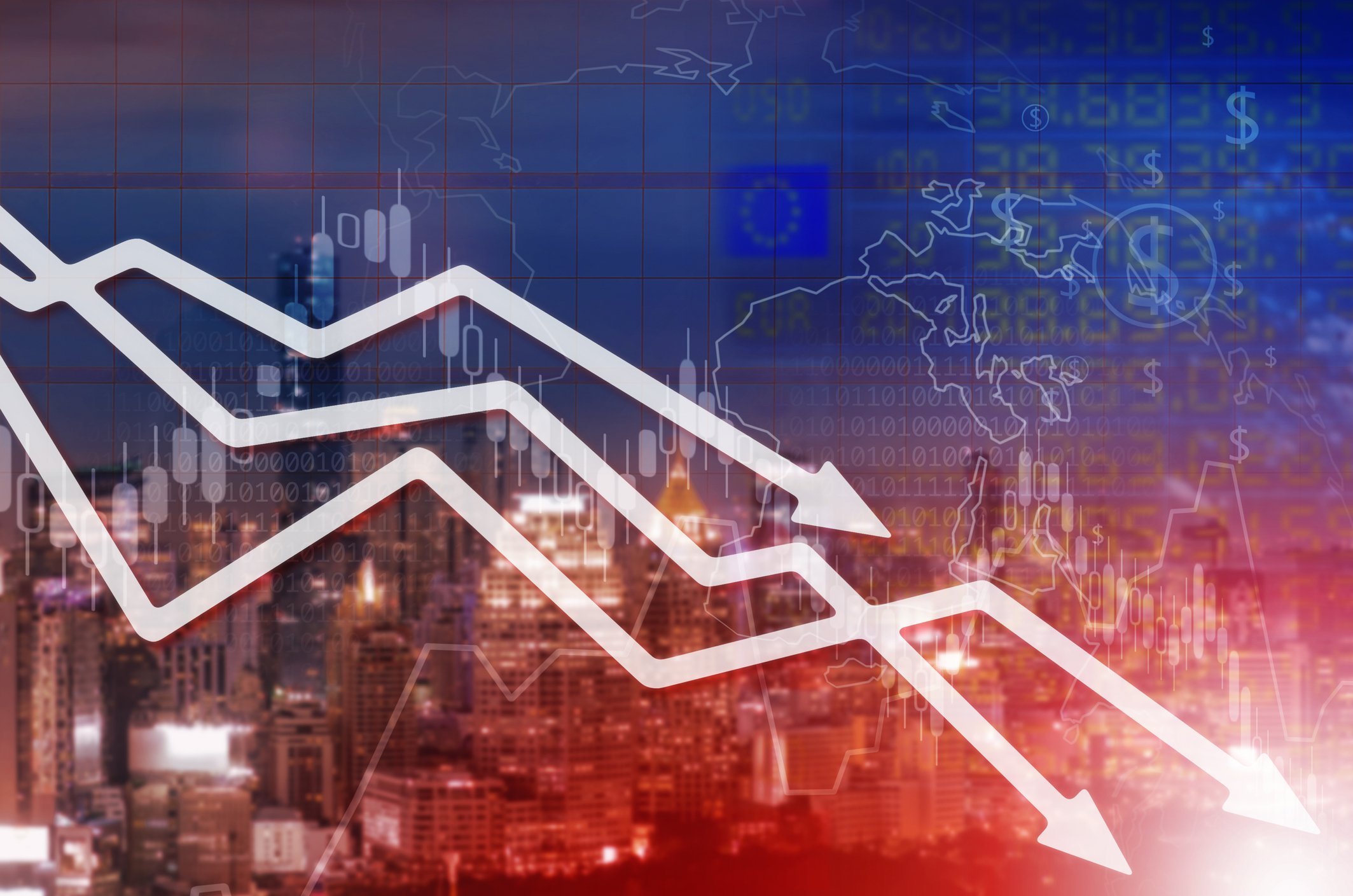What happened
More than rebounding from the 23% drop they experienced in 2018, shares of Ballard Power Systems (BLDP +0.74%) have risen 71% through the first six months of 2019, according to data from S&P Global Market Intelligence. In addition to the development of what appears to be a fruitful relationship with a Chinese auto manufacturer, a growing footprint in Europe has electrified investors so far in 2019.
So what
Beginning the new year with a bang, Ballard's stock soared 46% in January as shareholders celebrated the news that the company made progress in its collaboration with Weichai Power. The fuel cell specialist recognizes China as a significant market opportunity for several applications: buses, commercial trucks, and forklifts. And it believes that its joint venture with Weichai will help expand its footprint in that country. But it wasn't solely progress in China that fueled investors' excitement.

Image source: Getty Images.
In an early January business update, Plug Power (PLUG +1.75%) forecast 2019 annual revenue of $235 million to $245 million -- a notable increase over the $184 million that it anticipated reporting for 2018. The market's reaction was understandable since Ballard supplies fuel cell stacks for Plug Power's line of GenDrive fuel cell systems for electric trucks.
Further demonstrating the burgeoning relationship with the Chinese auto manufacturer, Ballard announced in early May that it had reached an agreement on its joint venture with Weichai to supply various fuel cell components for the assembly of modules for use in zero-emission fuel cell electric vehicles in China. The order, which has an approximate value of $44 million, is noteworthy since Ballard's revenue in 2018 totaled $97 million.
And while it seems to be driving ahead in the Chinese market, investors also recognized the progress that the company's making in Europe. In the middle of May, it announced that it received a purchase order for 20 fuel cell modules to power electric buses in London. This complements orders for modules in 40 buses in Germany and five buses in France. All of the European orders stem from the Joint Initiative for Hydrogen Vehicles Across Europe funding program, which targets a total deployment of 291 fuel cell buses in more than 20 European cities.
Now what
Whereas Ballard appears to be making progress in global markets, these gains have failed to significantly move the needle in terms of its financials. Profitability continues to remain elusive, and while management refrains from issuing extensive financial guidance, it has forecast annual 2019 revenue to be flat versus the $97 million it reported in 2018. Consequently, Ballard should be considered only by the most risk-tolerant investors.







